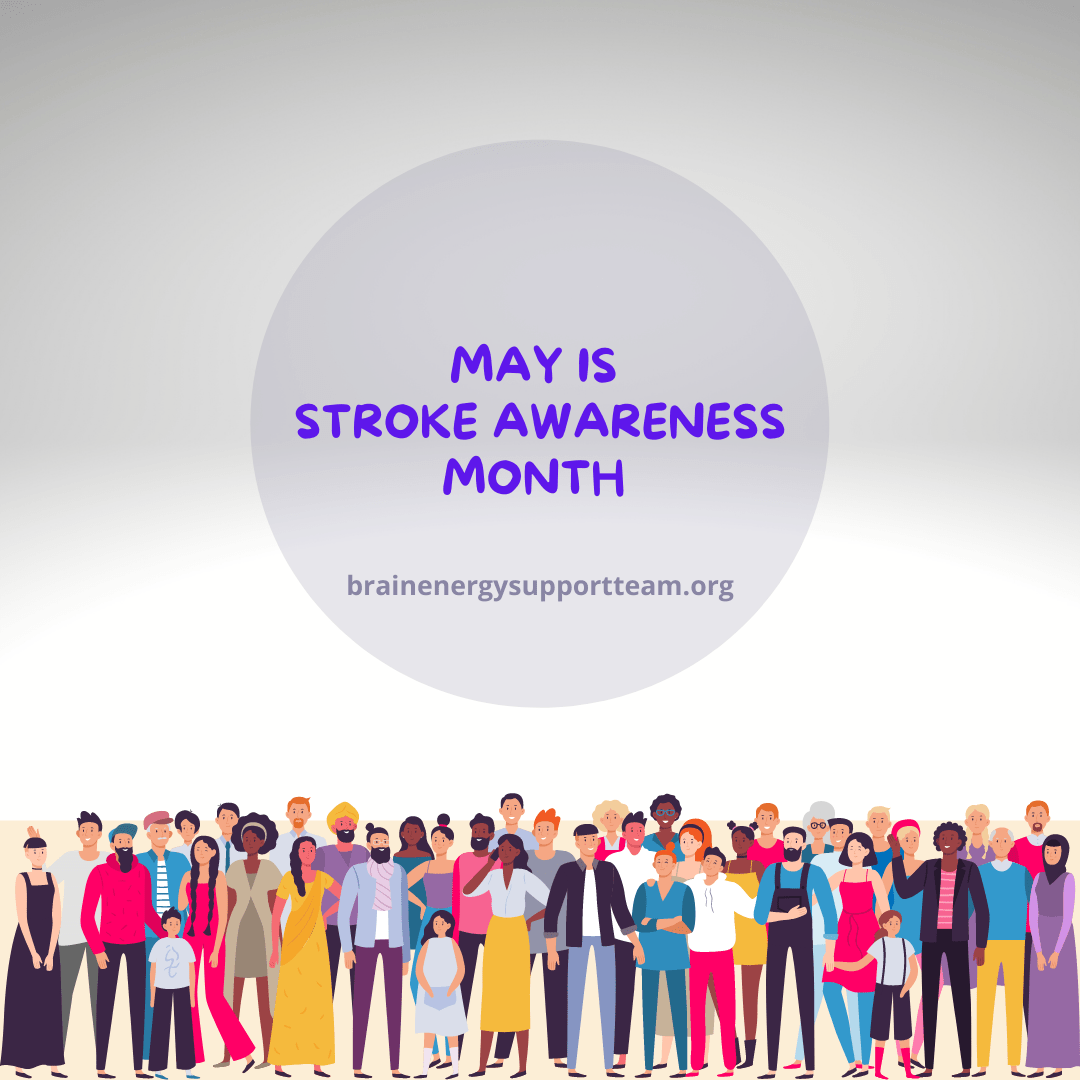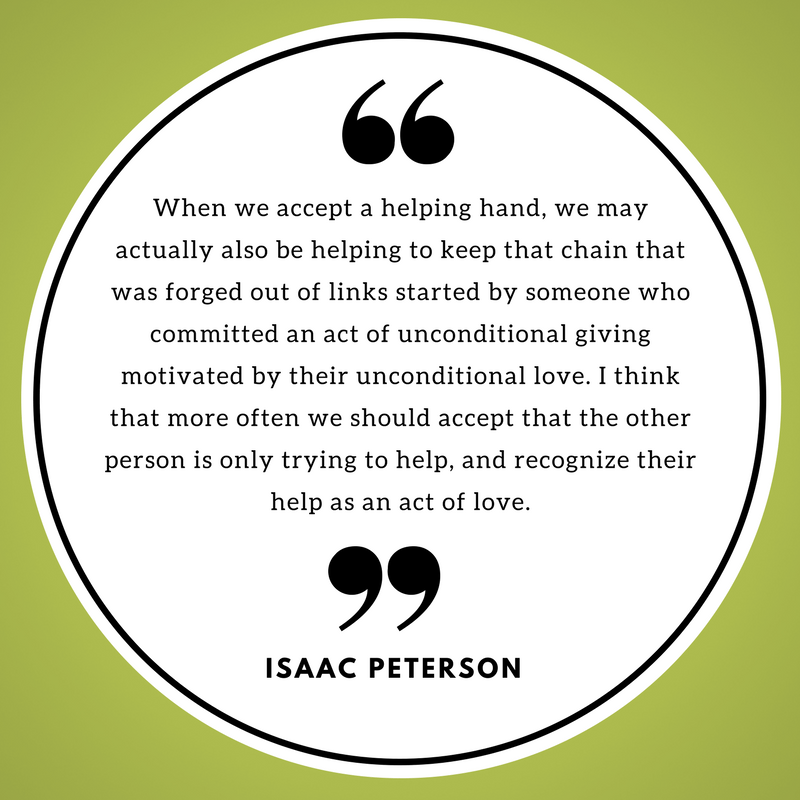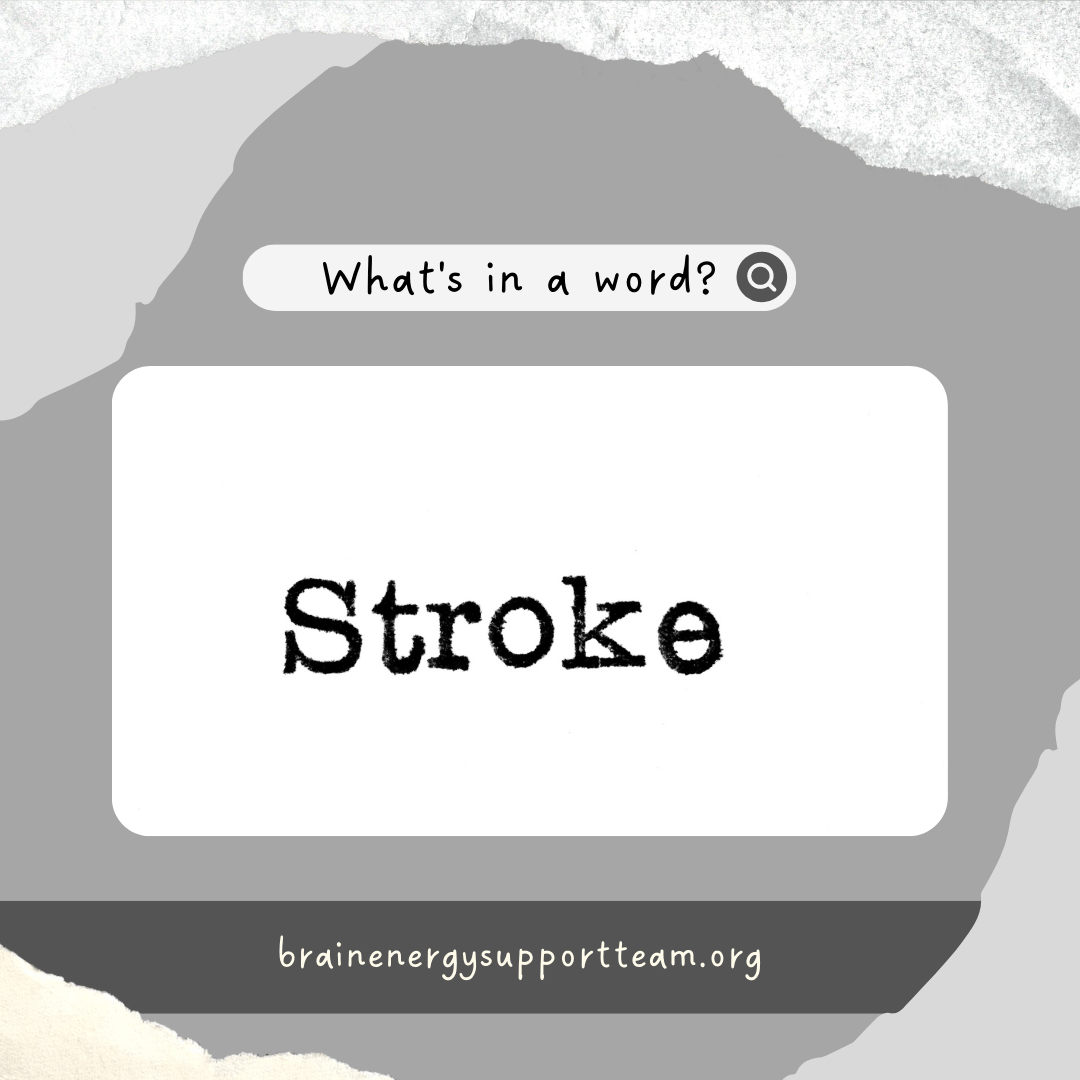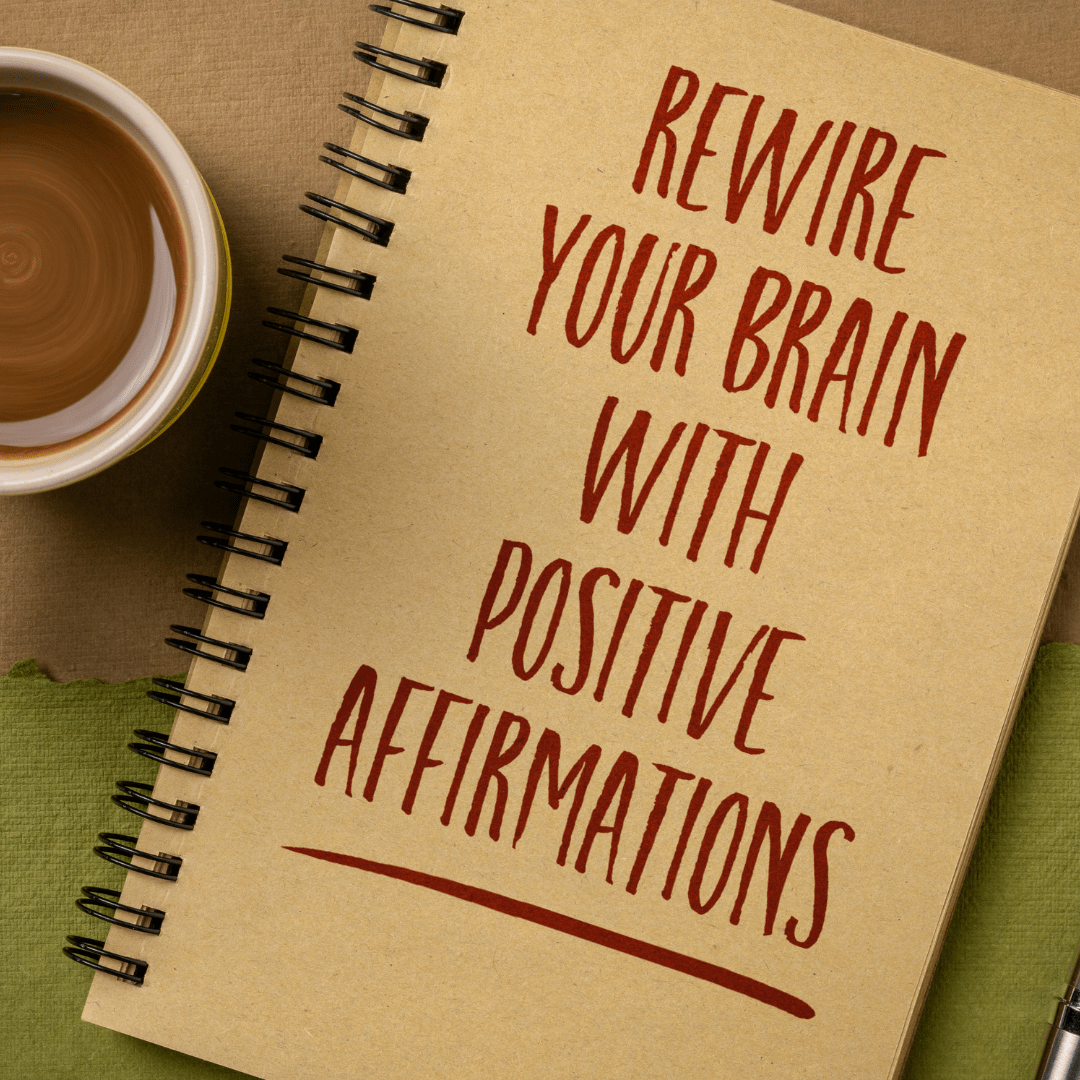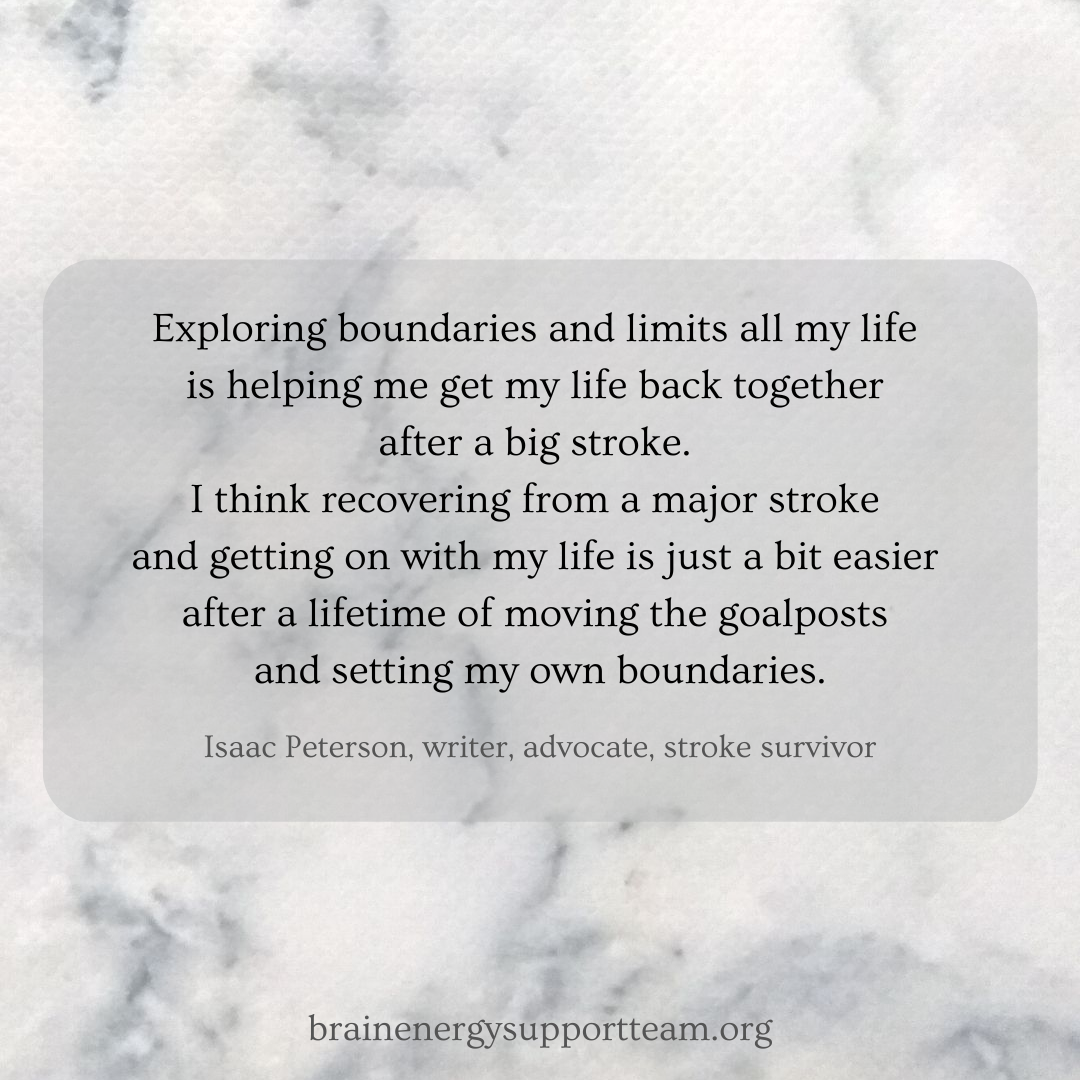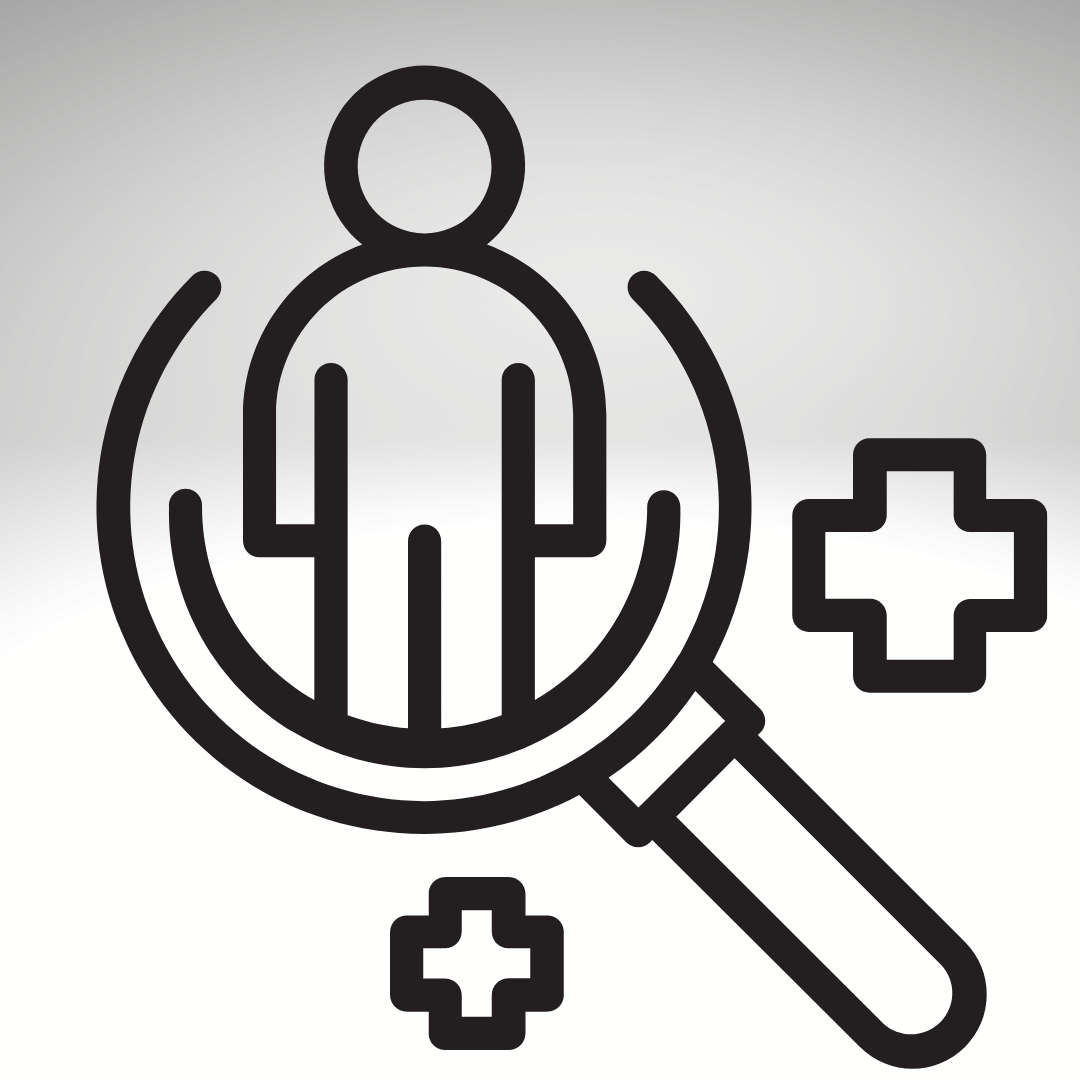One day you’re going about your day and minding your own business.
Next thing you know something happens, out of the blue, and suddenly you have a traumatic brain injury.
And suddenly, although you had always been calm and mild mannered, you have anger issues.
When I first got my stroke-related brain injury, I found myself getting angry over the smallest things. Things that were mildly irritating before, were things that could now make me angry.
I was never an angry person, and my new bouts of anger were disturbing and perplexing. Where was the anger coming from? What was wrong with me?
At least it wasn’t violent anger, and would come and go in a minute or two. But in my early days being a brain injury survivor, I didn’t have a real grip on what was happening with me. I had always been known as a calm, patient and mellow kind of guy, one who rarely raised his voice.
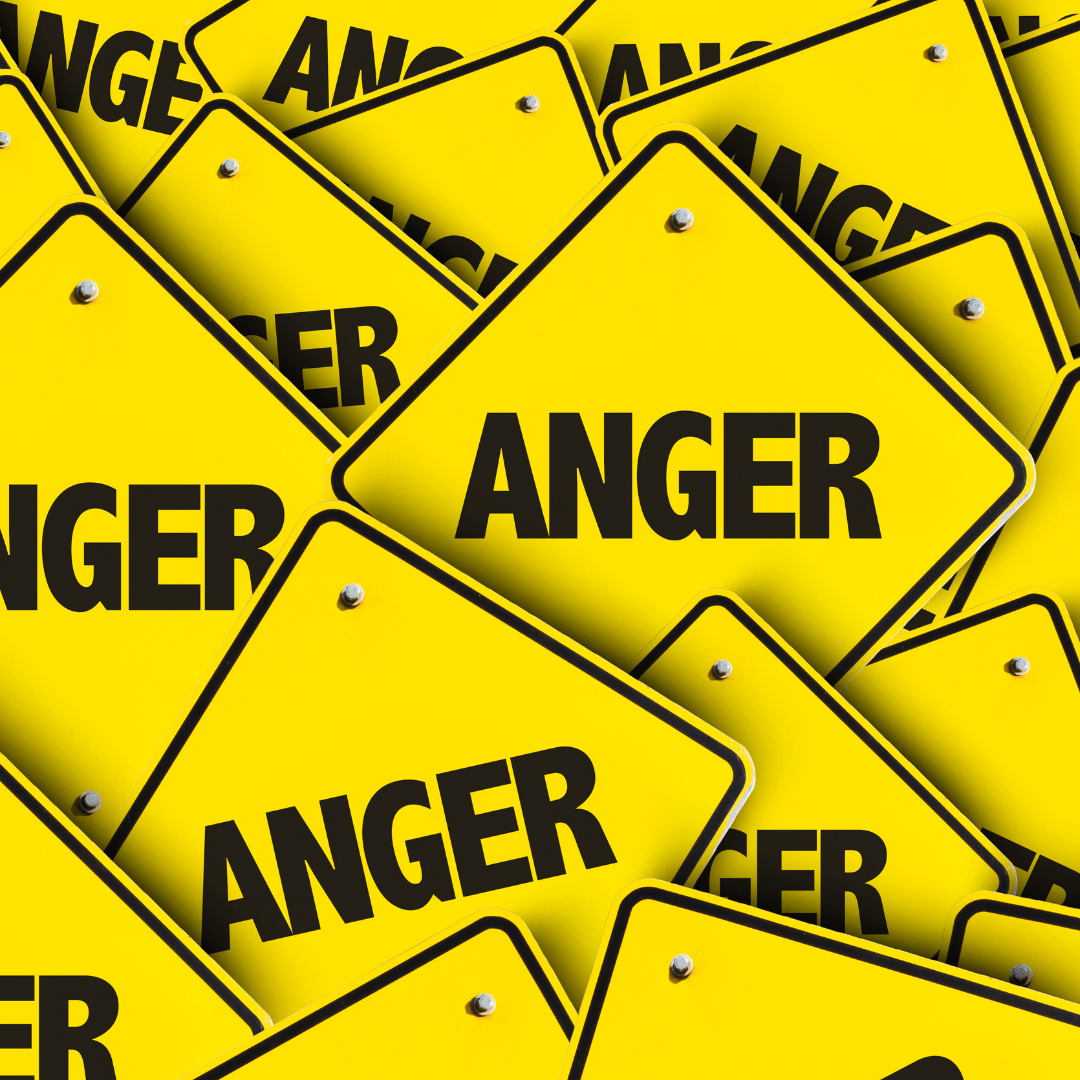 What changed?
What changed?
I had always had mild irritations and pet peeves, but after the stroke it seemed the number of things that irritated me went through the roof, and more times than I’d like to admit, I was suddenly angry, and for no real reason I could pinpoint at the time.
As my brain slowly reorganized itself, I found that more and more, little by little, I was able to start to analyze my anger and start to try to do things to avoid getting angry in the first place. I can’t really explain much of how I did it, but it turns out some of the things I tried were also strategies recommended by mental health and behavioral professionals.
Anyway, I started being able to pinpoint things that would trigger my anger and avoid them. I learned to disengage and walk away from people who were making me angry. I also realized I’d get angry when someone, out of caring and compassion, would insist on helping me with something I was determined to do on my own. I had decided that being self-reliant was one way I’d navigate my brain injury and I resented someone interfering with that. I started to politely refuse the offers of all the well-meaning people and say things like, “I appreciate you trying to help me, but this is a thing I really need to do myself; can you understand?” I discovered that people really did (and do) understand.
Keeping the kindness and compassion of others in mind, I realized I shouldn’t be too hard on myself, that I should try to have the same kind of compassion for myself that I got from others. It was not always easy to pull off. But I got better at it and it really helped calm my anger at myself. It also made it a bit easier to relate to other people in a calmer manner.
I had long known how taking deep breaths can calm anger and I started doing that as part of my self-care. Trying to find humor in situations also helped. I really didn’t have much trouble with that one, since I’ve been a bit of a wiseguy since I was a kid.
When I was calm, I could ask myself what really was making me angry, then ask whether the situation was worth being angry about. If it wasn’t something I could see being angry about the next day or a year from now, it wasn’t worth being angry in that moment. If it wasn’t worth being angry over, I started being able to just drop it, or figure a more calm and measured response.
Putting things in proper perspective is key, no matter what.
I also realized sometimes I was really angry at myself over things I could do easily before but was suddenly having trouble with now. I started to look at those things as challenges and became quietly determined to find ways to cope with those things.
I do think some of my anger was caused by sensory overload. Loud, sustained noises, crowds of people, bright lights, and more; .each separately was irritating enough, but all three together were enough to throw me out of whack and elevate my irritability to unfocused anger in no time flat. I figured if I did things like going to a supermarket right at opening time when there were very few people there, that was a good way to avoid overloading my senses as well as not triggering my anger. I never learned how to not be irritated by the music played in stores, though, so I started wearing headphones to cope.
Another challenge was finding constructive, positive ways to deal with life’s frustrations and irritations.
In the days after I left the hospital, I landed in a situation that found me staying at my sister’s home, in a room having to lay down for long stretches because of my injury. with a TV but no remote control. A dog food commercial aired all the time, with a dog talking with his mouth full of dog food. People talking with their mouths full is irritating to lots of people, but that commercial really pushed me over the edge. But I couldn’t hit the mute button or constantly get up to change the channel every time that commercial aired, so what could I do? Sounds like a silly thing to let get under my skin, right?
I got on the internet and found the company’s customer care phone number and email address. I called and emailed, stating, “We teach children not to talk with their mouths full—it’s rude and it’s irritating, so why should I have to listen to a dog talking with his mouth full?”
I can’t say I had anything to do with it, but before much longer that commercial stopped airing. Maybe other people had also complained. Who knows. All I knew was that a constant cause of irritation in my life was gone.
Further, I want to mention something that changed my ability to avoid becoming angry in the first place. It seemed my anger started to subside after my blood pressure meds were adjusted. After a few different combinations of meds, we finally landed on a combination that did the trick to keep my blood pressure under control. I don’t know whether there was any correlation, but I’ve always known anger could contribute to high blood pressure—but perhaps it is possible blood pressure could contribute to anger.
Bottom line, though, is I’ve got my calmness and patience back. I still get irritated but I have a handle on it now. I honestly cannot remember the last time I had a bout with anger.
I wonder what effect a brain injury has on someone who already had anger issues before their brain injury. I know a couple of brain injury survivors who still struggle with anger after years, and in one case, decades.
I do know that like with so many effects of brain injury, some measure of anger is due to injury to certain areas of the brain.
All I can do is hope other survivors can (and will) confront their anger and learn to cope with it. I know that doing that made my life easier as well as the lives of the people in my life.
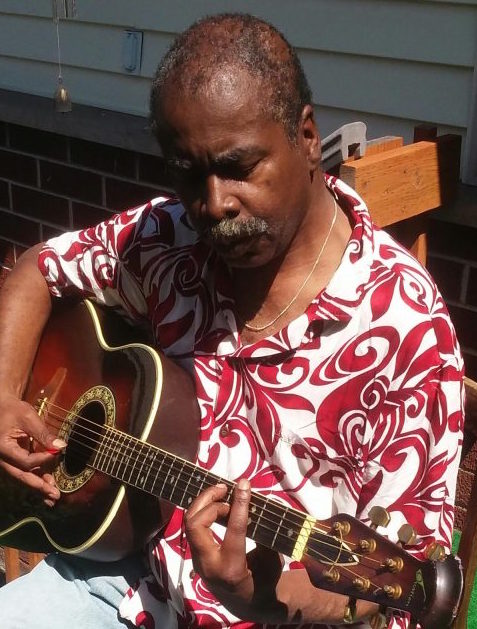 | Isaac Peterson grew up on an Air Force base near Cheyenne, Wyoming. After graduating from the University of Wyoming, he embarked on a career as an award-winning investigative journalist and as a semi-professional musician in the Twin Cities, the place he called home on and off for 35 years. He doesn’t mind it at all if someone offers to pick up his restaurant tab and, also, welcomes reader comments. Email him at isaac3rd@gmail.com. Read more articles by Isaac here; https://www.brainenergysupportteam.org/archives/tag/isaac-peterson |
|---|

